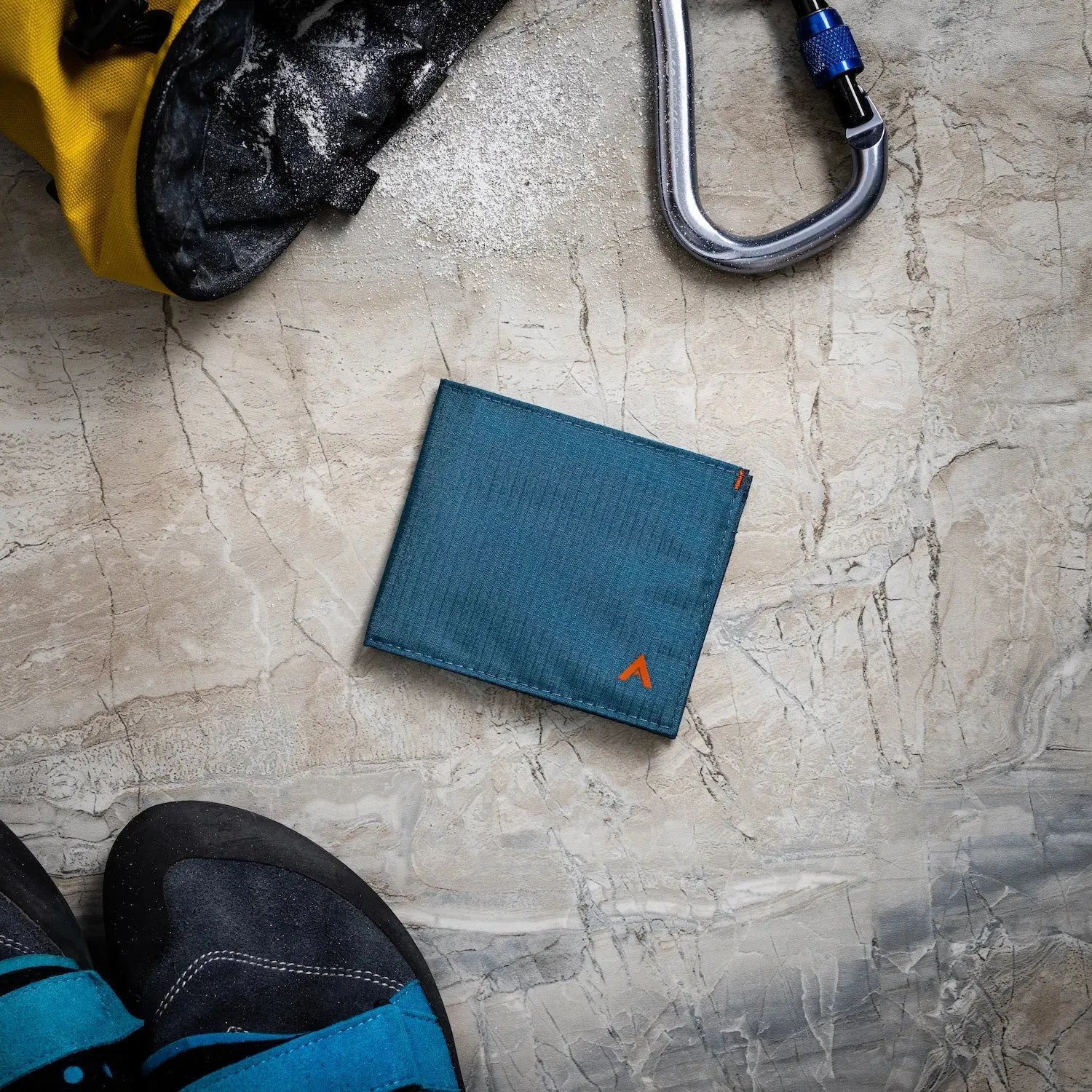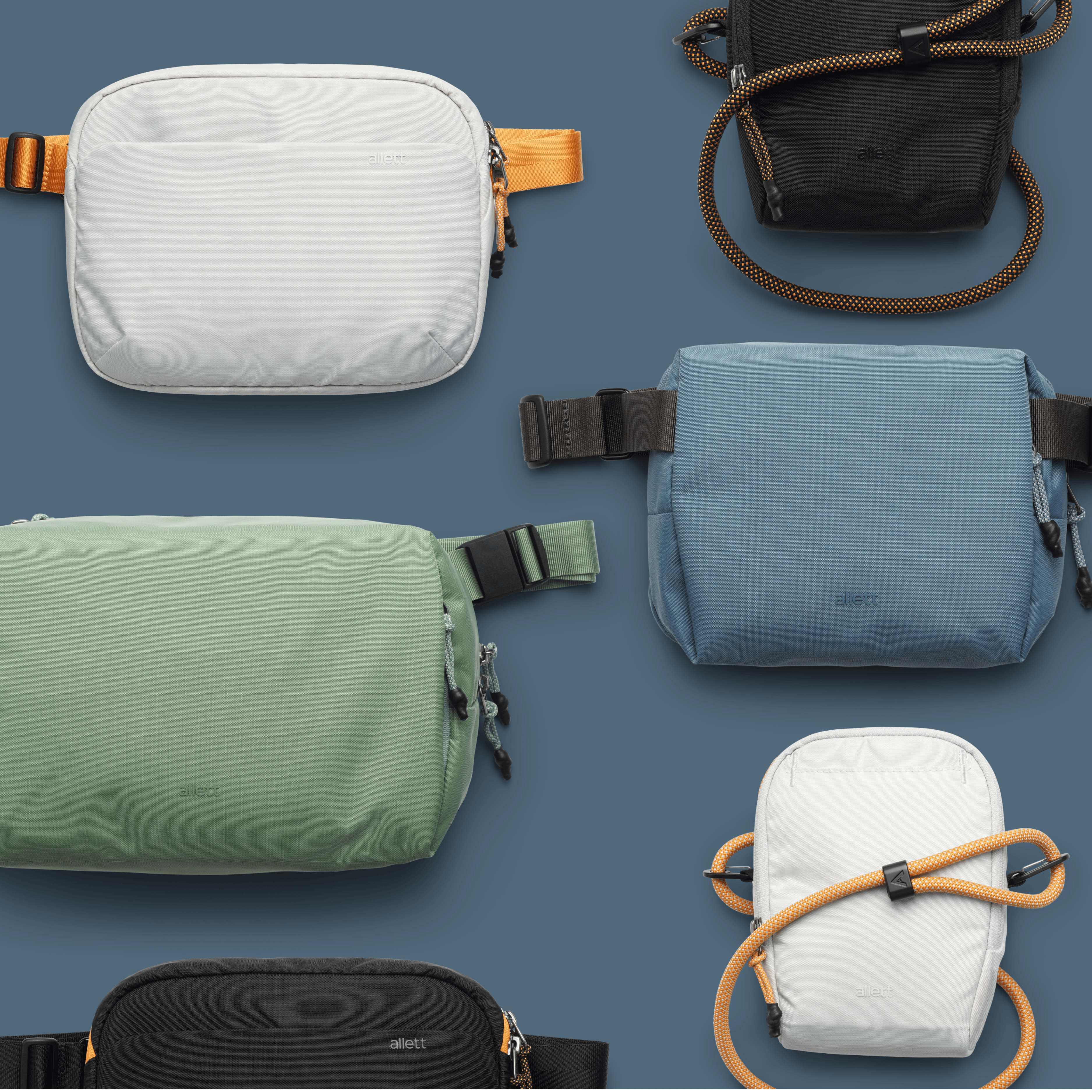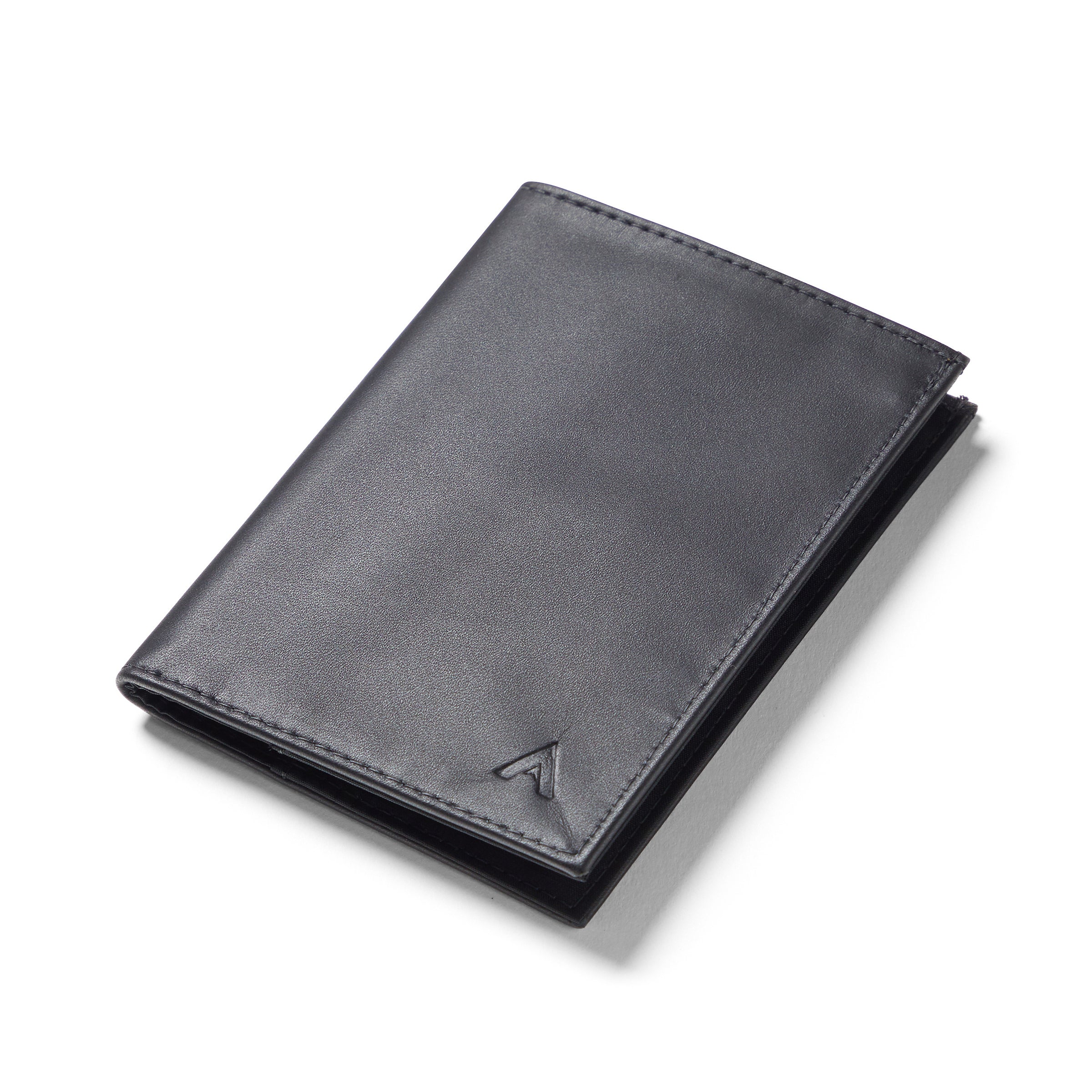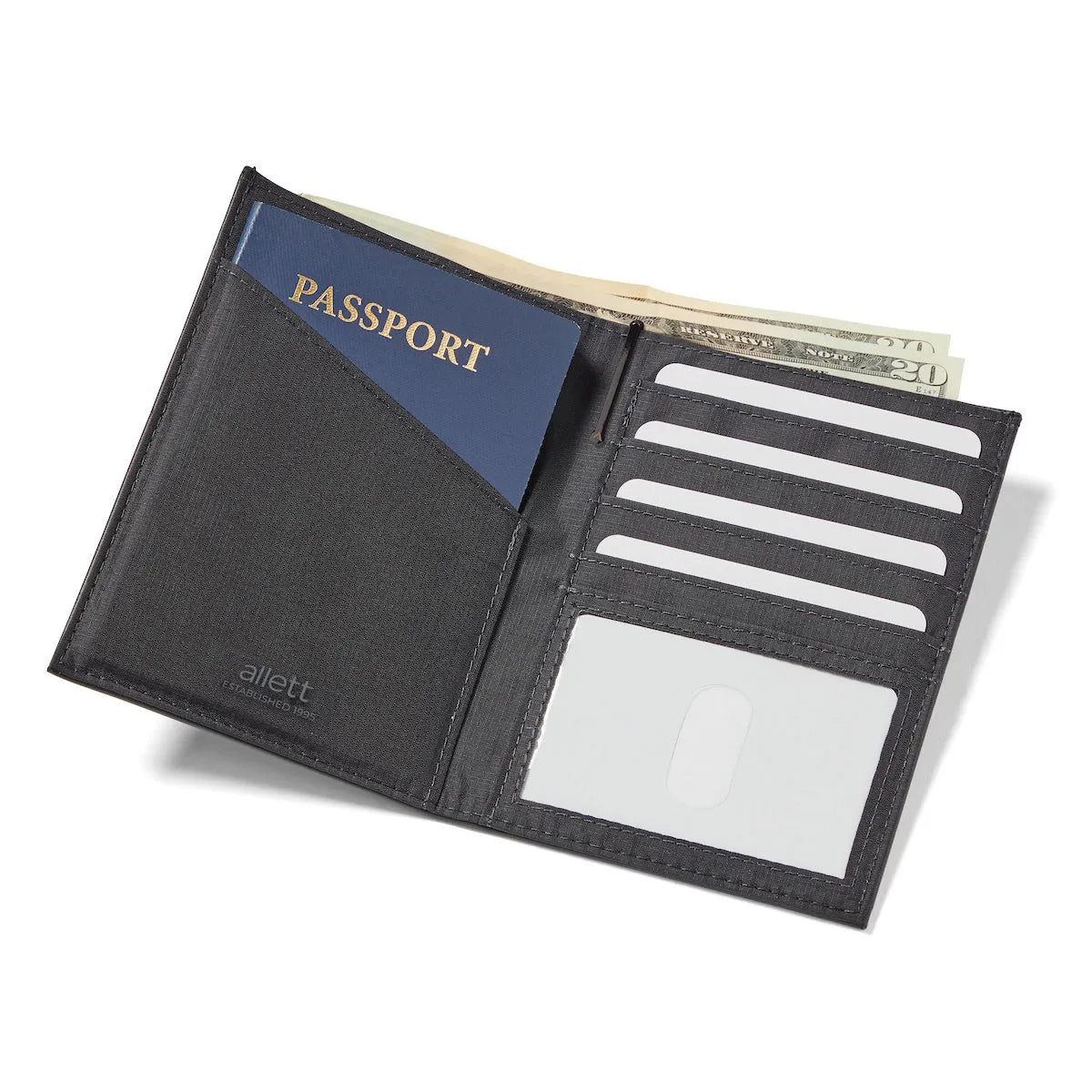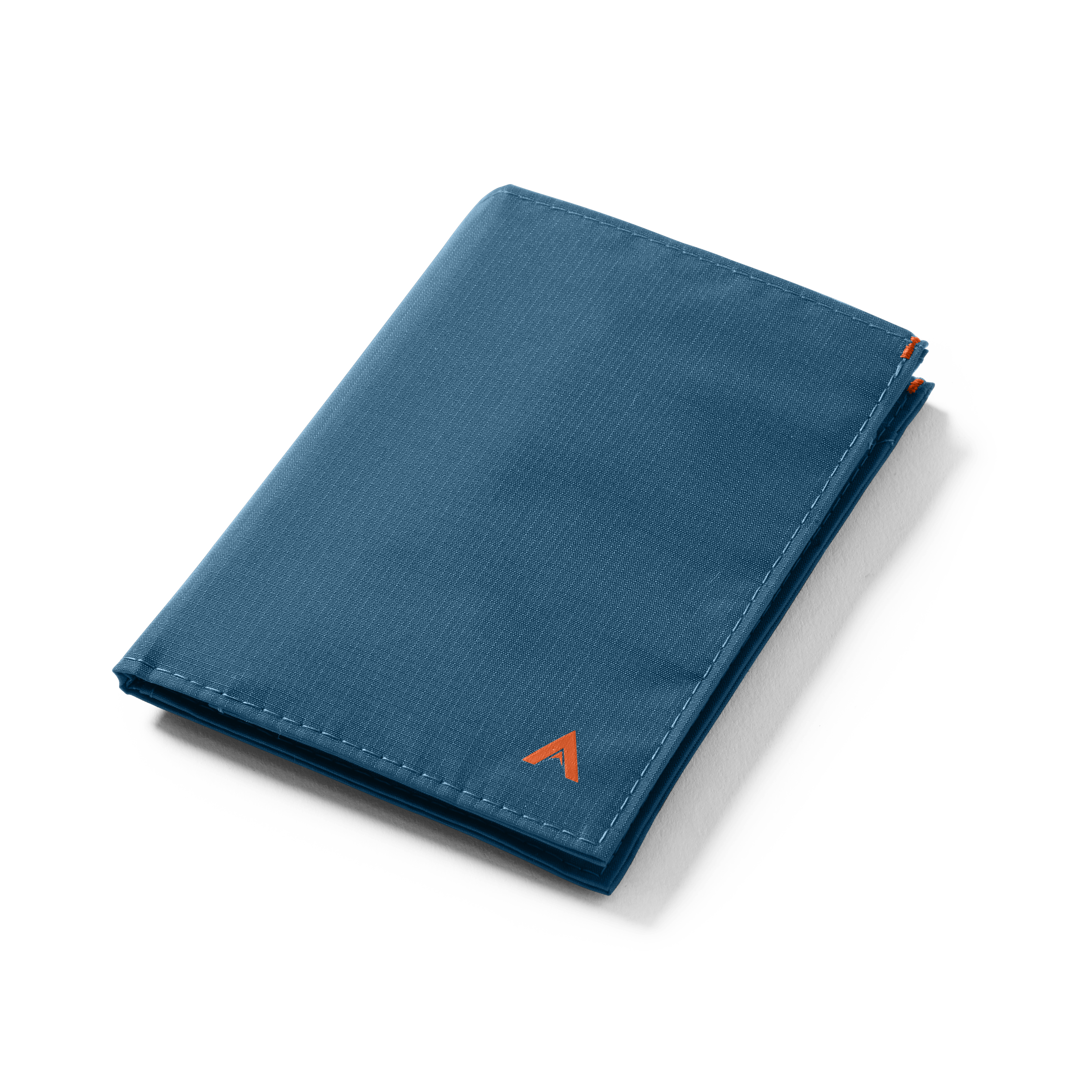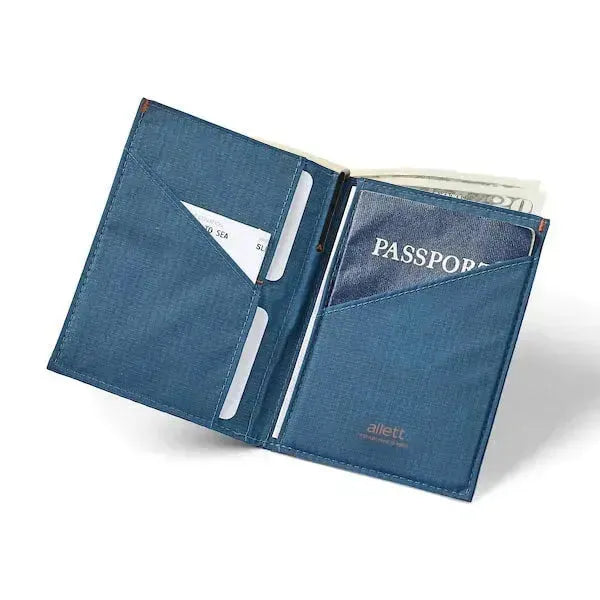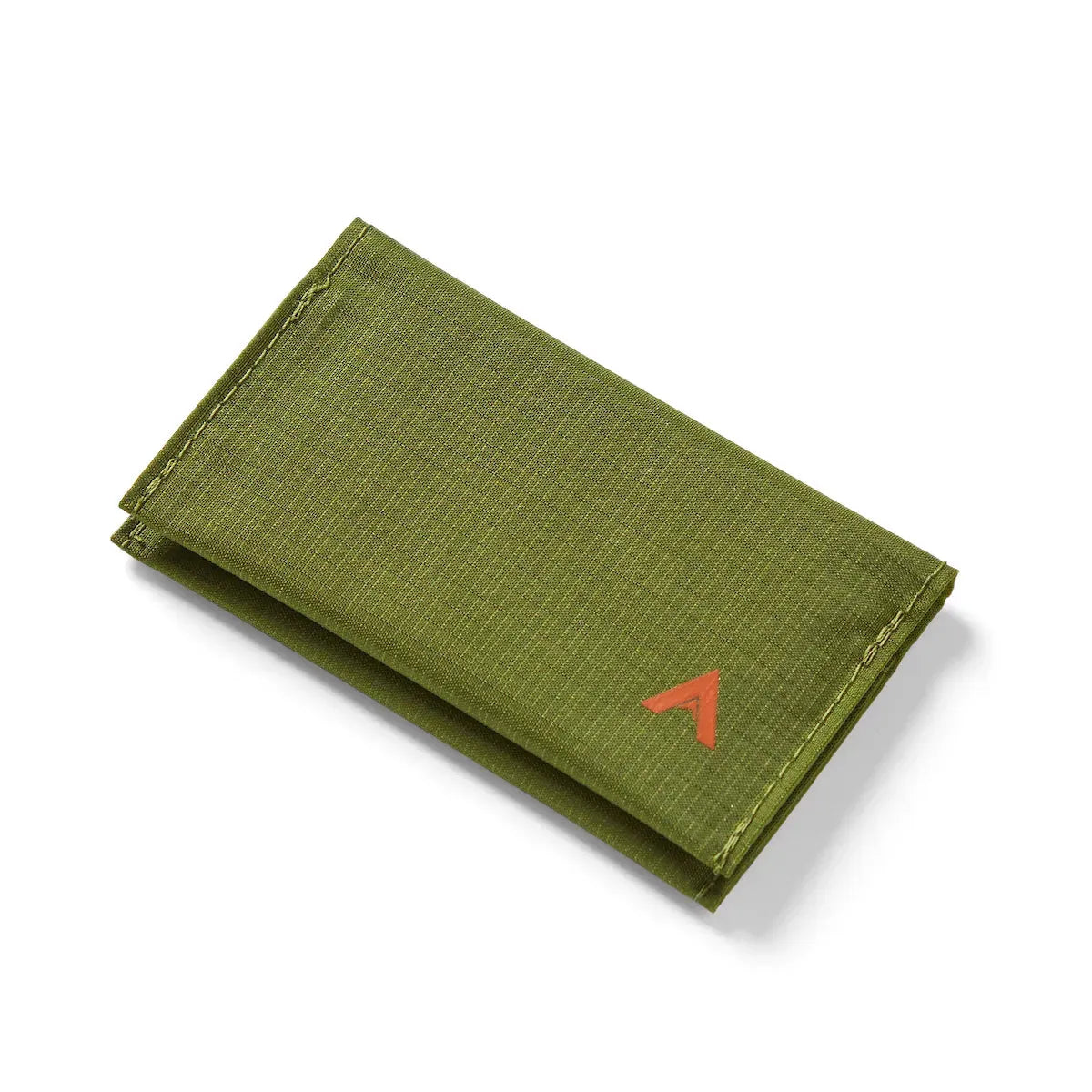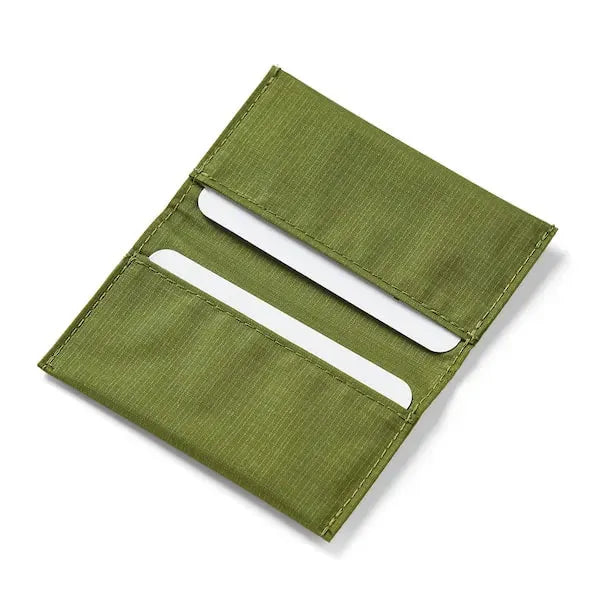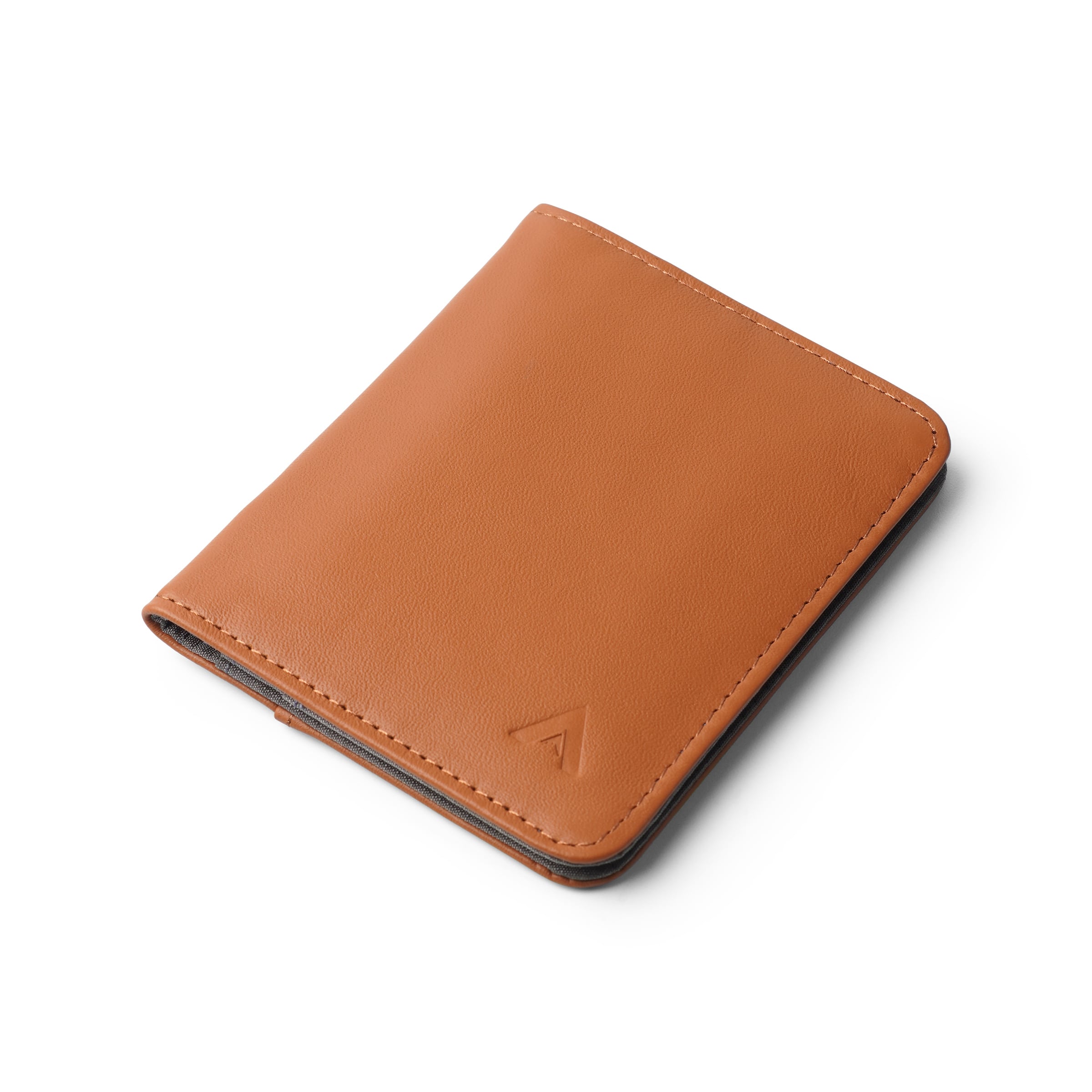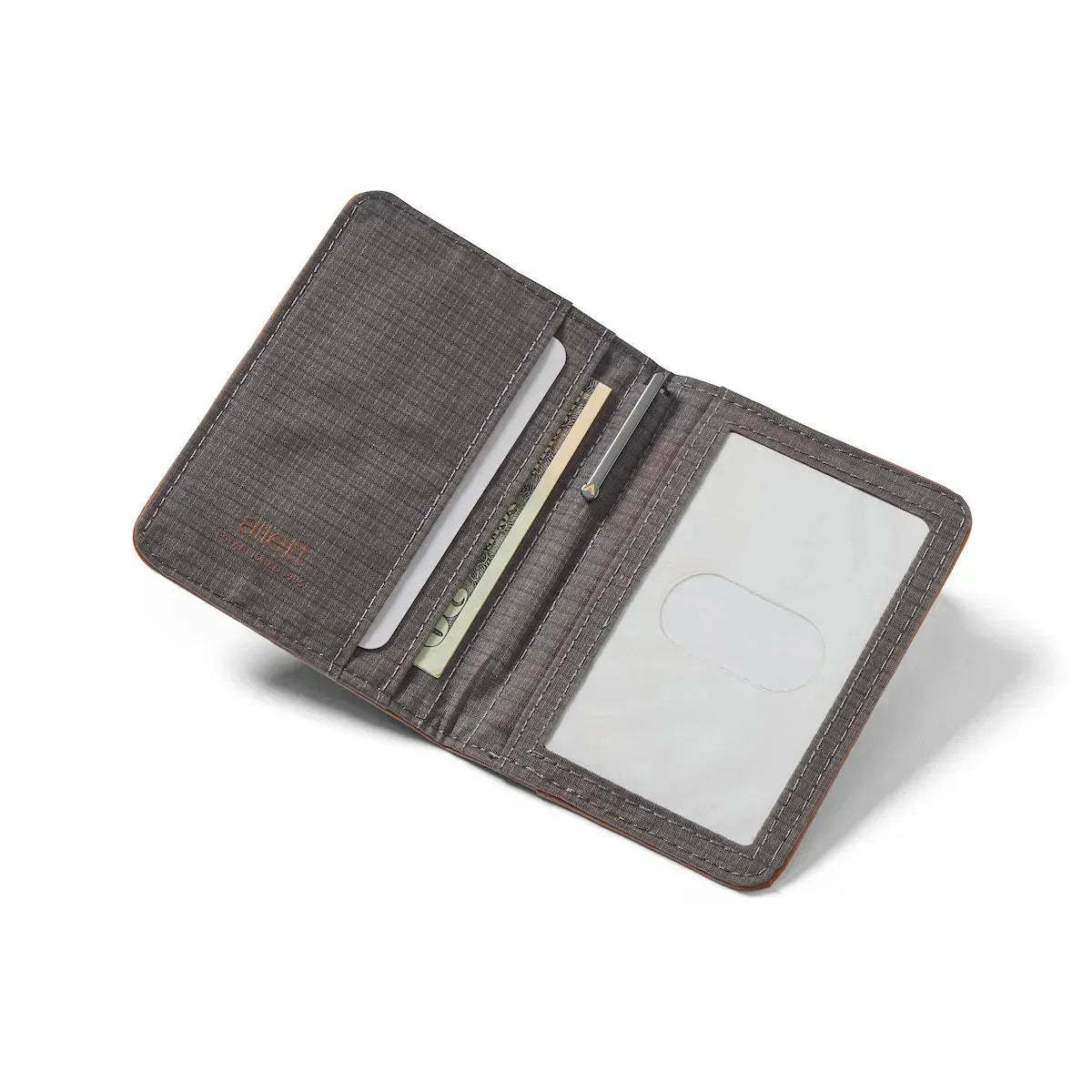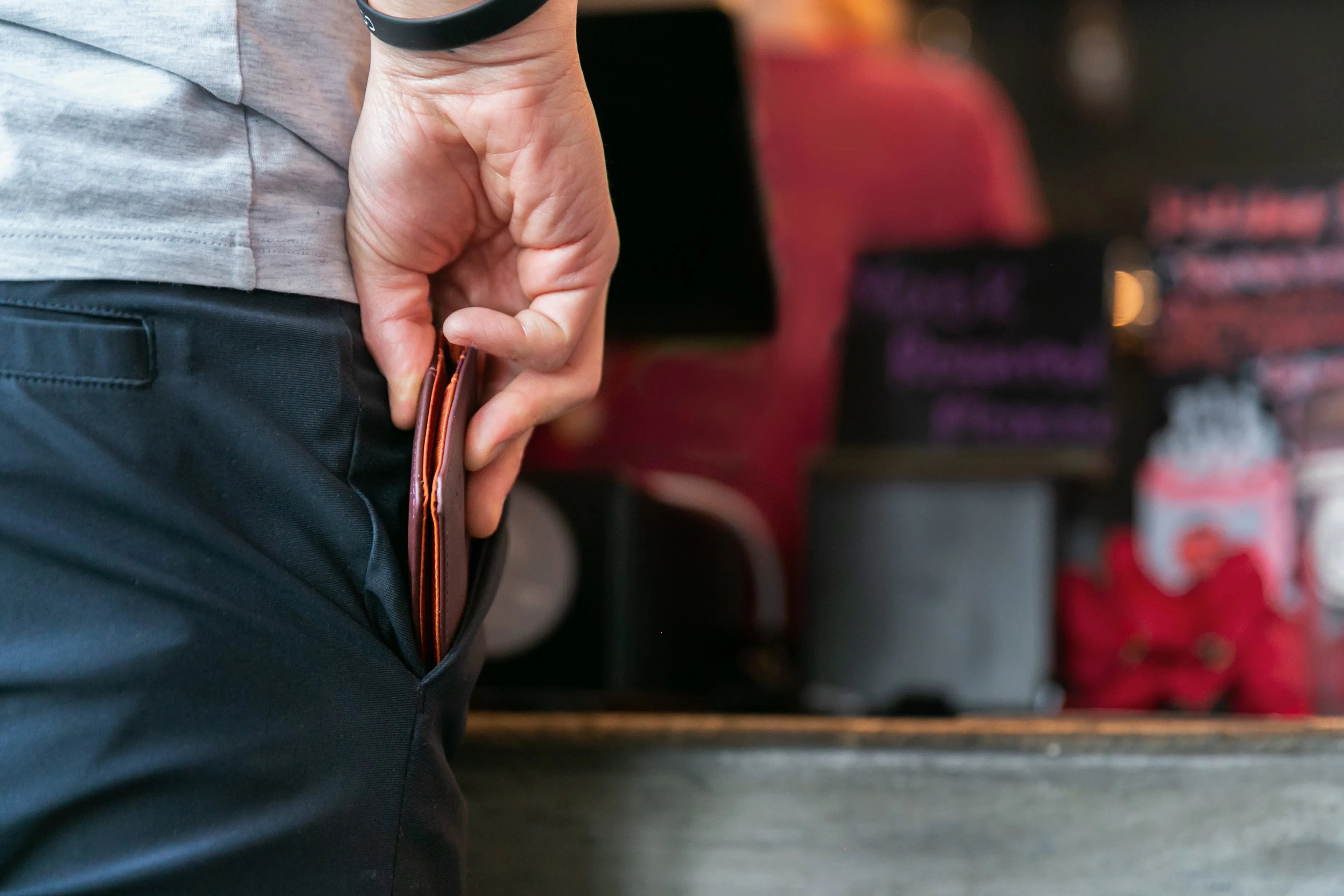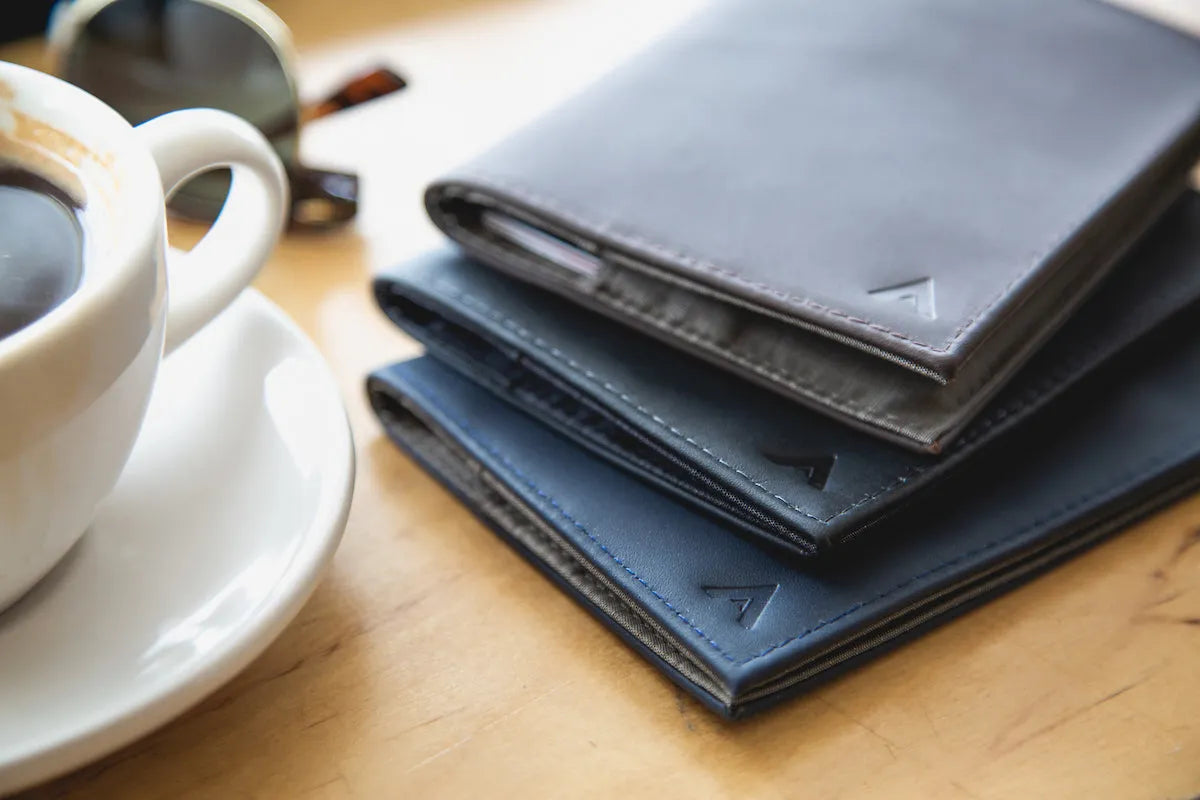International Business Card Etiquette for Business Travelers
Recently, we featured some examples of business card etiquette, and how people should store and exchange business cards to make the maximum impact and to be seen as respectful of the other person. There are many examples of ways that business cards are expected to be exchanged, and it is always strongly recommended that anyone exchanging business cards not deviate from those norms.
But those examples of business card etiquette were based on customs and beliefs in the United States. Other countries often have different practices, customs, and cultures, and this can extend to how people exchange and take care of business cards. That means, if you are planning on traveling internationally, you may need to consider that business cards are not exchanged the same way as they are in the states, and the etiquette around business cards can make or break the deal.
The following are a few of the many examples of ways that business card etiquette differs in some common countries that the US does business with.

How Business Card Etiquette Differs Between Countries
- Japan – Japan takes business cards very seriously, and the customs vary quite a bit from the way they do in the United States. Business cards are exchanged with both hands – where they hand a card to you with both hands, and you hand your card to them with both hands. Hold the card by the corners. Upon receiving the card, thank them for offering it to you and bow, take the time to read the card and show *genuine* interest, and then put the card away in a special card holder. This is one of the only countries where you may not want to fit your card into your Allett Wallet.
- China – China has similar etiquette to Japan, but the customs are about respect rather than ritual. You are still expected to exchange the cards with both hands and say thank you. You are also expected to look at the card. But you can glance at the card briefly to show you read it out of respect, and you can put it away in your card harder wallet or other secure space.
- South Korea – South Korea is also similar to China, with similar etiquette, including a light read of the card to show respect after receiving it. Where South Korea differs is that, after receiving the card, you are expected to place the card on the table and keep it on the table throughout the meeting, so that you can reference it and show that you remember all participants. Only after the meeting is over do you collect all the cards from the table and put them away.
- Germany and France – In Germany and France, cards are exchanged with the right hand and only the right hand. In France, they are exchanged during introductions, while in Germany they are exchanged before a meeting. In Germany, you are expected to maintain eye contact while exchanging cards. In France, you are expected to show interest in the card’s details. In both cases, cards are expected to include academic titles and professional qualifications.

Most of Western Europe has similar business card etiquette to France and Germany, although in the UK it is considered acceptable to exchange cards after a conversation.
Other Notes
- When traveling internationally, most countries appreciate if you have a side of the business card that includes translations into the native language, so that they have both English and another language on them. You should also present the card with the other language facing up.
- There are currently no countries where it is customary to exchange cards with your left hand. That means that if you’re not sure about the customs of the country that you are in, exchange with your right hand to be safe.
- In many countries, it is considered very rude to write on a business card without permission. Always ask first, and only if you absolutely need to write on the card. Try to avoid writing on the card whenever possible.
Understanding International Business Card Etiquette
Some components of business card etiquette are the same no matter where you live. In no country is it considered acceptable to take someone’s card and bend it or damage it. It is not considered acceptable to hand over a damaged card, either.
But knowing international customs is critical, because there are some very real differences between countries. While these differences may seem minor, they are considered a sign of respect, and no customer or client is going to do business with someone they do not feel respects them.
Any time you travel internationally, be sure and study local laws and customs regarding business cards. And don’t forget to also travel with your passport wallet from Allett.

